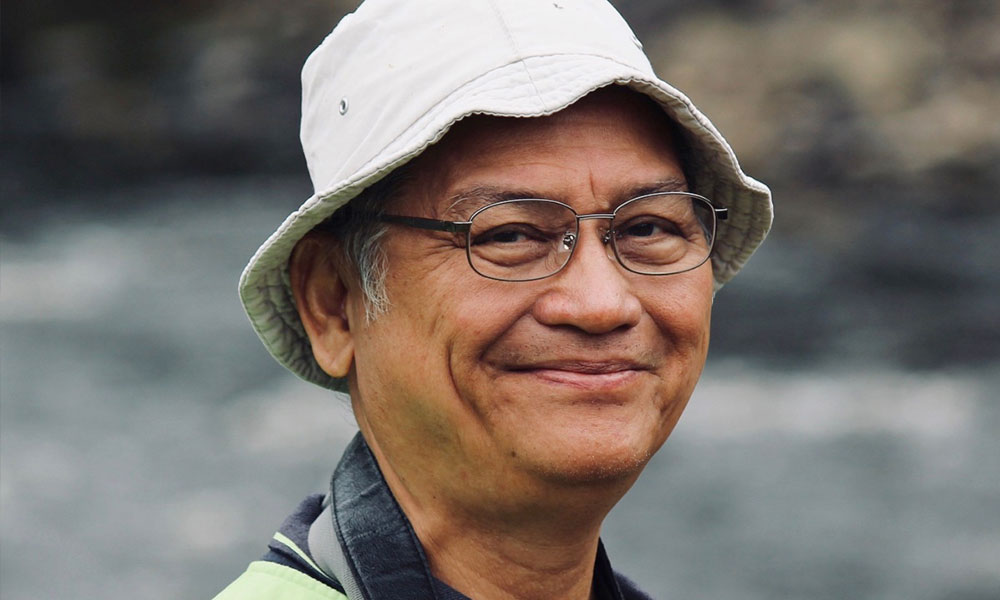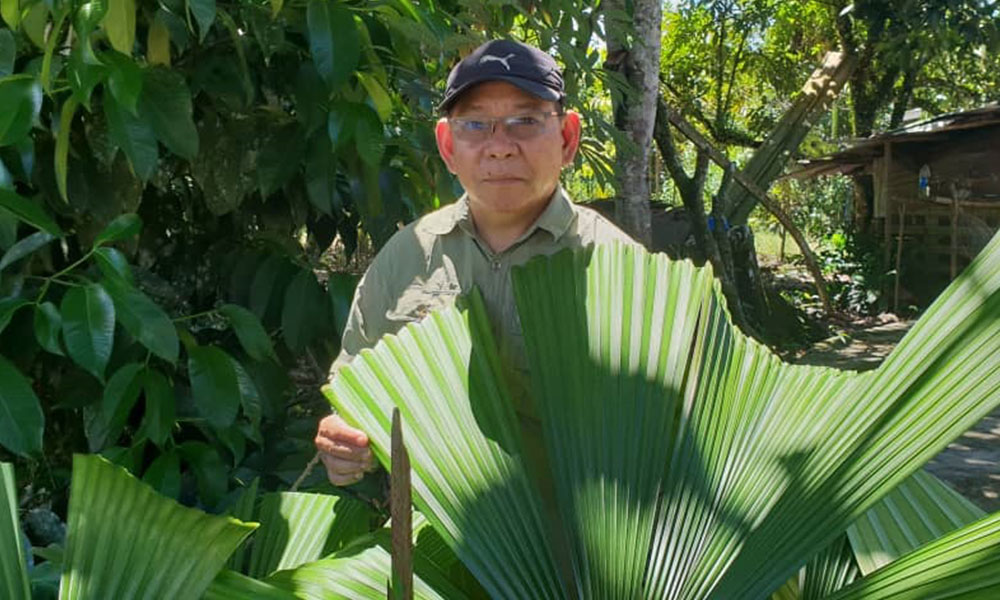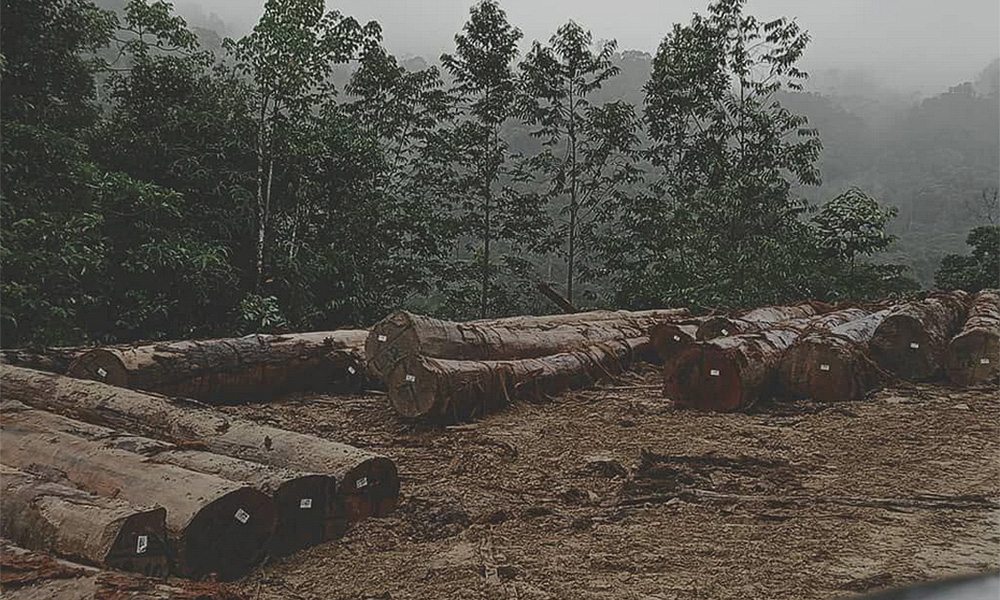The International Tropical Timber Organisation (ITTO) has endorsed the government's proposal to protect and conserve a significant area in the upper Baram forest area, also known as the Baram Peace Park.
During its 56th session in November, the International Tropical Timber Council officially approved the proposal that was formally submitted by the government.
In doing so, the ITTO has committed to raising US$814,128 to the project’s budget to match a US$1,202,325 contribution by the government, making it a total of US$2,016,453 (RM8.17 million).
The proposal has the dual goals of forest conservation and sustainable development and was prepared by the Sarawak Forest Department with input from local communities and civil society.
Save Rivers chairperson Peter Kallang said the endorsement meant a critical step forward.
“The communities welcome the Sarawak Forest Department’s initiative and the ITTO’s endorsement. This is an important signal to the communities who have been waiting for the project to move forward.
"It shows that the government and the international community are taking the communities’ concerns and interests seriously.
"Baram communities are keen to see what the protected zones will entail and welcome their new role as key decision-makers in this plan," he said in a joint statement today released by conservation groups Save Rivers, Penan organisation Keruan, the Bruno Manser Fund and The Borneo Project.
Peter added that the Baram communities also expect full transparency and respect for their informed consent prior to any development of the forest area.

The Baram Peace Park is the second community-initiated project in Sarawak to promote conservation and sustainable development on such a scale. The first was the Pulong Tau National Park proposed by Kelabit communities of the Northern Highland in the early 1990s.
In 2010, 18 Penan communities of upper Baram initiated a proposal to establish an area of forest to overcome future challenges regarding land tenure and improving livelihoods by developing alternative incomes in an environmentally friendly way.
This concept encompasses economic, social and environmental aspects, and demonstrates the locals' desire to conserve and sustainably manage the forest and resources for all to benefit.
The proposed park covers an area of some 283,500ha comprising primary forest, logged-over forest, secondary forest, settlements and farming lands.
It is located in upper Baram in Sarawak’s heart of Borneo and between the transboundary biodiversity conservation area of Pulong Tau National Park (Sarawak) and Kayan Mentarang NP (East Kalimantan, Indonesia).
Some four ethnic communities live inside the Baram Peace Park - the Penan in 18 villages, Kenyah in six villages, one Kelabit village at Long Peluan, and one Saban village at Long Banga where some Kelabit also live.
The statement highlighted that even as the ITTO endorses the upper Baram forest area, timber company Samling continues to log the forest within the park.
"This questions and threatens the implementation of the project," said the groups.

Keruan CEO Komeok Joe added: “The communities are grateful for the support of the Upper Baram Forest Area. However, despite the ITTO’s endorsement, Samling continues to extract timber within the area of the park.
"We request the company to immediately stop their activities, support the communities and the government in the implementation of the project.”
Lukas Straumann, director of the Bruno Manser Fund, an organisation that has supported the initiative from its inception, called on the international donor community to lend its support.
“Civil society organisations welcome the ITTO’s endorsement of the upper Baram forest area. We call for international donors to support this groundbreaking initiative.
"We are confident that the collaboration between the Sarawak state government and the local communities in the implementation of this important conservation effort will lead to a win-win situation,” he said.
The 79,000ha core area of undisturbed primary mixed dipterocarp forest represents the last remaining primary forest not only in upper Baram but also in Sarawak.
It is also rich in belian trees (Borneo ironwood, Potoxylon Melagangai), a popular hardwood that is being threatened by overexploitation.

In spite of the long presence of locals, forests outside of timber licenses have remained essentially little disturbed, providing environmental services and subsistence needs to the people living in 26 villages.
The watersheds also benefit several hundred thousands of people living downriver of the Baram River.
Baram River is the largest river in northern Sarawak, with the city of Miri located not far from its estuary, and neighbouring Brunei situated to its north. - Mkini




No comments:
Post a Comment
Note: Only a member of this blog may post a comment.